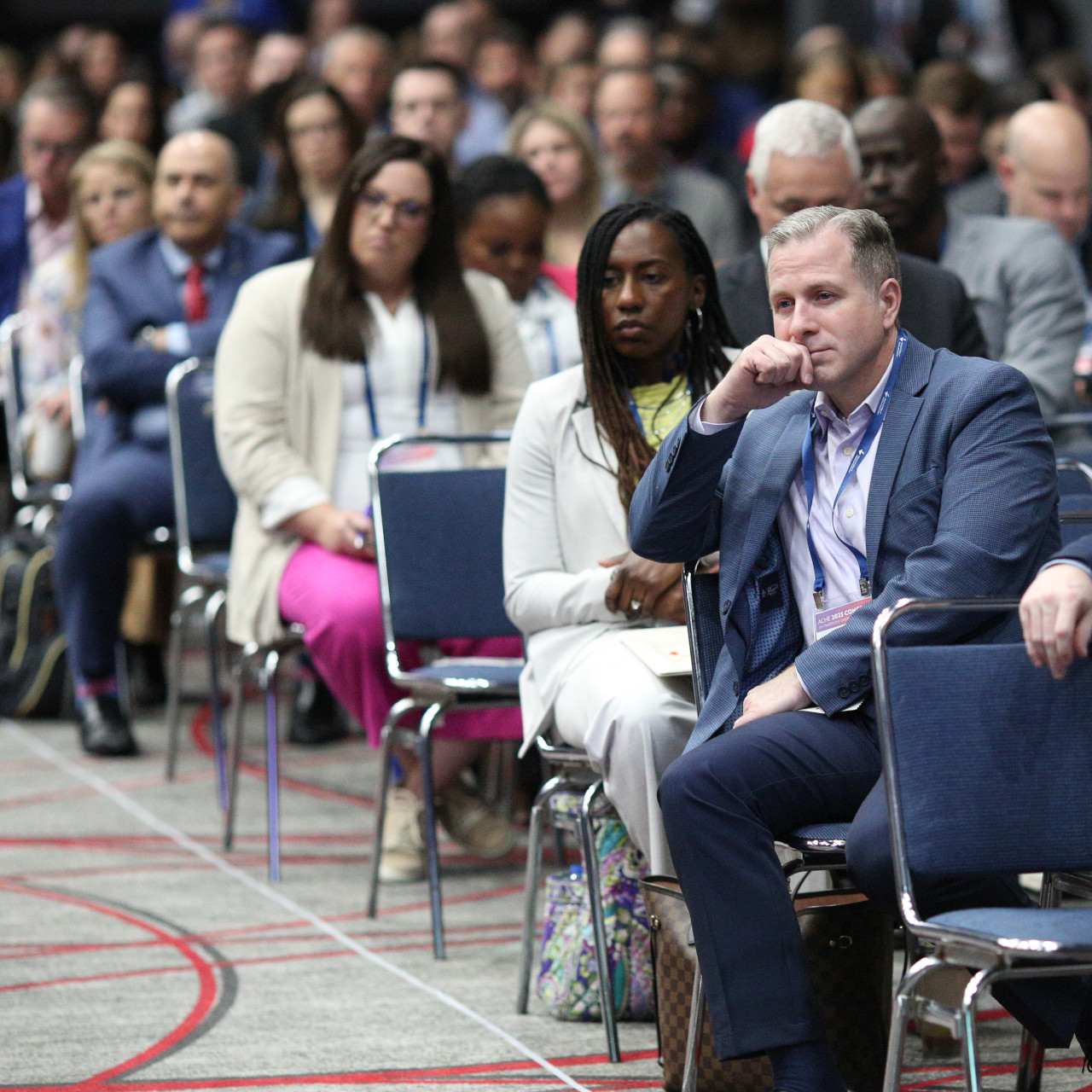Contents
Featured Events

CONGRESS
Houston
2026 Congress on Healthcare Leadership
March 2–4, 2026Houston
Special Program
Optimizing Engagement and Performance in a Healing Ecosystem: Creating a Climate of Workforce Thriving
October 21, 2025
- November 18, 2025
Cluster
2025 Nashville Cluster
November 3, 2025
- November 5, 2025
Check out our upcoming cluster sessions
In-Person Education
VIEW ALL IN-PERSON EDUCATION
Cluster
2025 Nashville Cluster
November 3, 2025
- November 5, 2025
Check out our upcoming cluster sessions
Cluster
2025 Orlando Cluster
December 15, 2025
- December 17, 2025
Check out our upcoming cluster sessions
Virtual Interactive Education
VIEW ALL VIRTUAL EDUCATIONFundamentals Learning Library
Learn More
Find on-demand, expert-developed education across 10 core knowledge areas.
Webinars
VIEW ALL WEBINARSExplore Educational Options with Your Local Chapters
Join your local ACHE chapter and take advantage of professional development opportunities, close to home.
